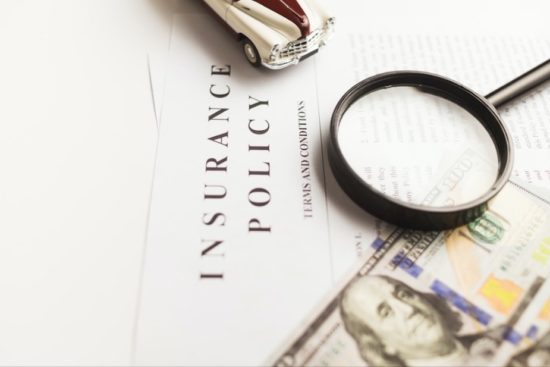Finding the right auto insurance is overwhelming. The options abound, but don’t take this as an excuse to decide in haste. Instead, take the time to differentiate one from the other. Go beyond the premium as you narrow down the possibilities.
From unplanned car repairs to getting involved in a car accident, there are many instances when insurance can be helpful. Nonetheless, it can be frustrating to know that what you’ve been paying for cannot provide the coverage that you need. To prevent that thoroughly evaluate quotes from different companies. Read on as we share some things to keep in mind.
1. Use an Online Comparison Tool
Nowadays, you can do almost anything online, and that includes shopping for auto insurance. You don’t need to leave your home to get quotes from multiple providers. Instead, you can find websites that will give you a list and comparison of different choices for automobile insurance. These websites can make your search quicker and more comprehensive.
Different websites will have different ways of providing insurance recommendations. Among others, the most common is to start with your zip code. You will also be asked to provide personal details, including the number of drivers and cars. Plus, you must indicate the type of coverage you are considering. From here, the system can automatically generate real-time quotes, which can be a great time-saver.
2. Compare the Coverage
Especially if it’s your first time buying car insurance, you will encounter unfamiliar words. It’s crucial that you understand the terms, so you know what you’ll get from the premium you’ll be paying for. Below are some of the most common coverage types in car insurance:
● Liability Insurance: Often mandatory, it has two main types. Bodily injury liability coverage will pay for the injuries to other drivers, passengers, or pedestrians when you are at fault. Meanwhile, property damage liability will pay for damage to the property of another person when you are at fault.
● Comprehensive Insurance: This policy will cover your car in case the damage is not from collision, such as falling objects, fire, theft, or vandalism.
● Collision Insurance: With this insurance, you are covered when the car is totaled or damaged after a collision with another object.
● Uninsured Motorist Insurance: It will cover the related expenses for you and your passengers when you are involved in an accident wherein the driver at fault has no insurance.
● Personal Injury Protection: It pays for medical expenses in case of an accident for you and your passengers, regardless of who is at fault.
3. Ask for Discounts
Look for ways to save money on your car insurance. Ask the insurer about the possible means to reduce the premium while retaining the coverage.
One of the best ways to get a discount is through bundling. It is possible by getting multiple policies or insuring multiple vehicles from the same company. For instance, you can also purchase home, life, or health insurance from the same provider of auto insurance.
Your driving records can also help you qualify for a discount. Show that you are trained and responsible, which can also minimize the risk on the part of the lender.
Plus, you might want to opt for usage-based car insurance to reduce the premium. It will entail the need to install devices in your car to monitor usage and driving behavior.
4. See the Impact of Your Credit Score
Depending on where you live, insurers may look at your credit rating when determining your premiums. A higher credit score is favorable, which can reduce your insurance rate. On the other hand, a bad credit rating may give the insurer a reason to increase your premium.
If you have bad credit, then you should know where to look. You can find insurers that specialize in working with people like you. Also, you might want to check for errors in your credit report and correct them if they’re affecting your insurance rates.
5. Go Beyond the Premium
One mistake that a lot of people make is to rely only on premiums as they evaluate the possibilities. Yes, it’s important, but it isn’t everything. For instance, you should also consider the reputation of the insurer, so you can be confident that you can maximize your premiums. Some may be cheap, but it’s because they’re known for delivering poor service.
A good thing to do is ask around and read reviews online. Learn from the real-life experiences of other people.
Summary
Find the right policy for you. Compare auto insurance quotes from at least three companies and see what they can offer. The premium is an important consideration, but that’s not all that matters. Consider the extent of coverage, the impact of your credit score, and potential discounts, among other things. Find a policy that offers peace of mind at a price that suits your budget.



Speak Your Mind